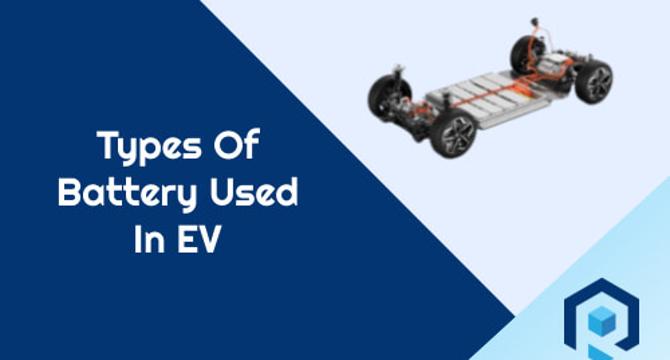Riansclub
5d
168

Image Credit: Riansclub
Types Of Batteries Used In Electric Vehicles
- The growing environmental concern and increasing fuel costs have fueled the popularity of electric vehicles, especially in the two-wheeler segment.
- The battery pack is a crucial component of electric vehicles that powers the motor and the vehicle itself.
- Electric vehicle batteries typically account for about half of the vehicle cost, making it important to understand the types of batteries used.
- Lithium-ion batteries are the most widely used type in electric vehicles due to their high energy density and long lifespan.
- Other types of batteries used include Nickel-Metal Hydride and Lead-Acid batteries, each with its own characteristics and applications.
- Factors to consider when choosing a battery type for an electric vehicle include range, lifespan, safety, and cost.
- Lithium-ion batteries are preferred for their high energy density, lightweight design, and ability to hold a charge for an extended period.
- NiMH batteries are a more affordable alternative suitable for hybrid vehicles that utilize regenerative braking.
- Lead-acid batteries, while an older technology, are still used in some electric vehicles with shorter lifespans and lower energy density.
- Overall, lithium-ion batteries dominate the electric vehicle market due to their performance, efficiency, and reliability.
- Looking ahead, advancements in battery technology may lead to even safer, more cost-effective options for electric vehicles.
Read Full Article
10 Likes
For uninterrupted reading, download the app